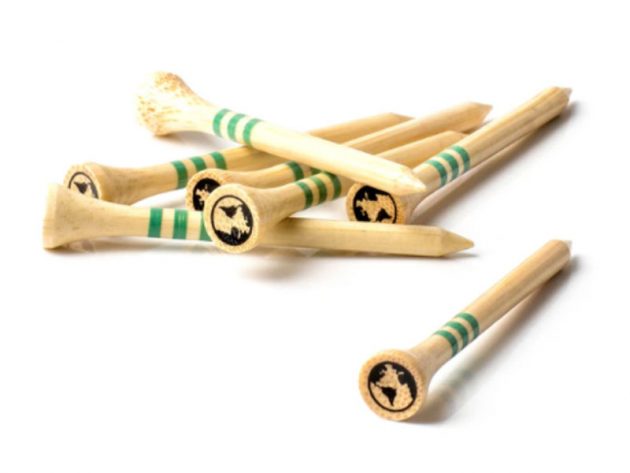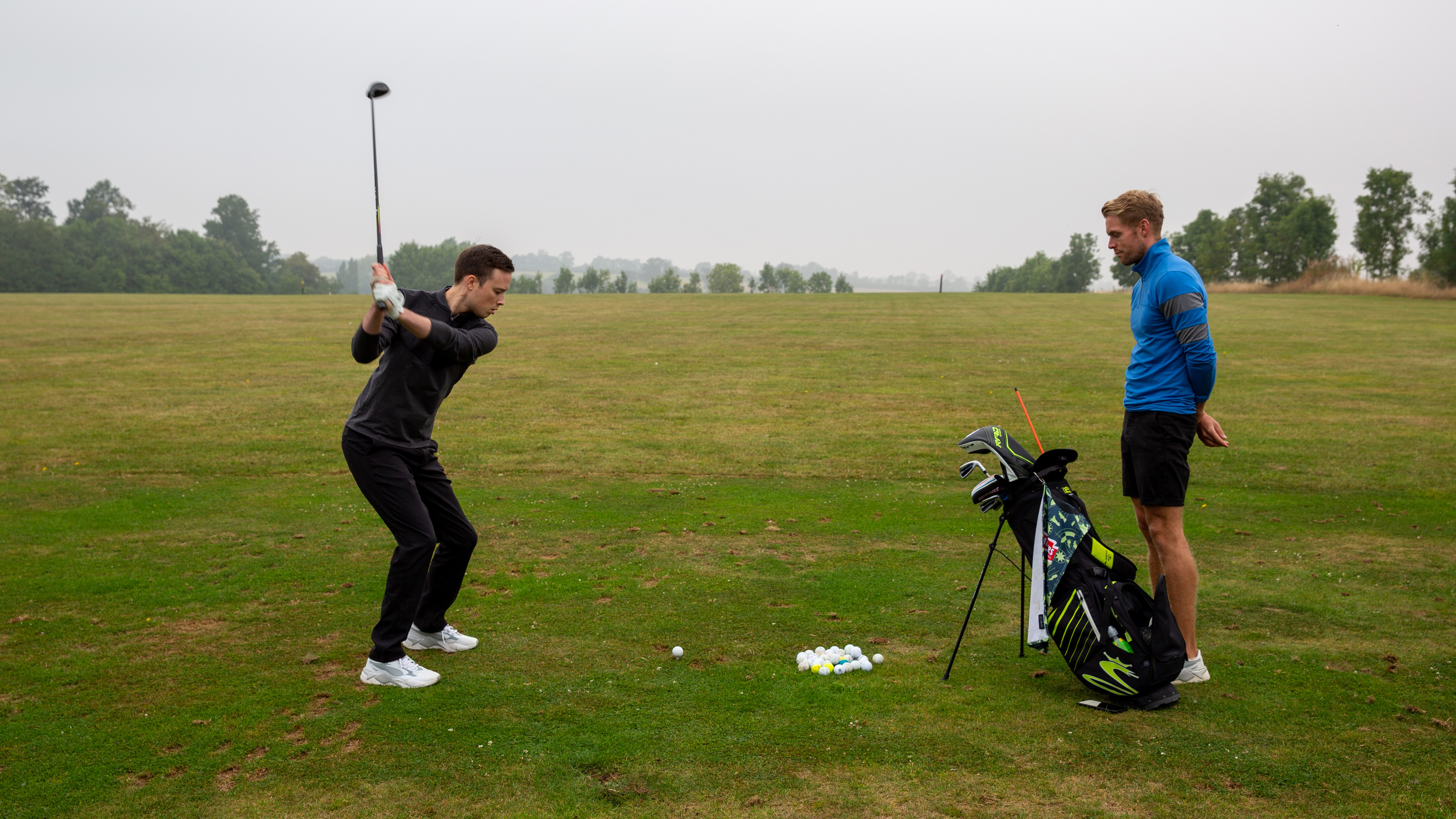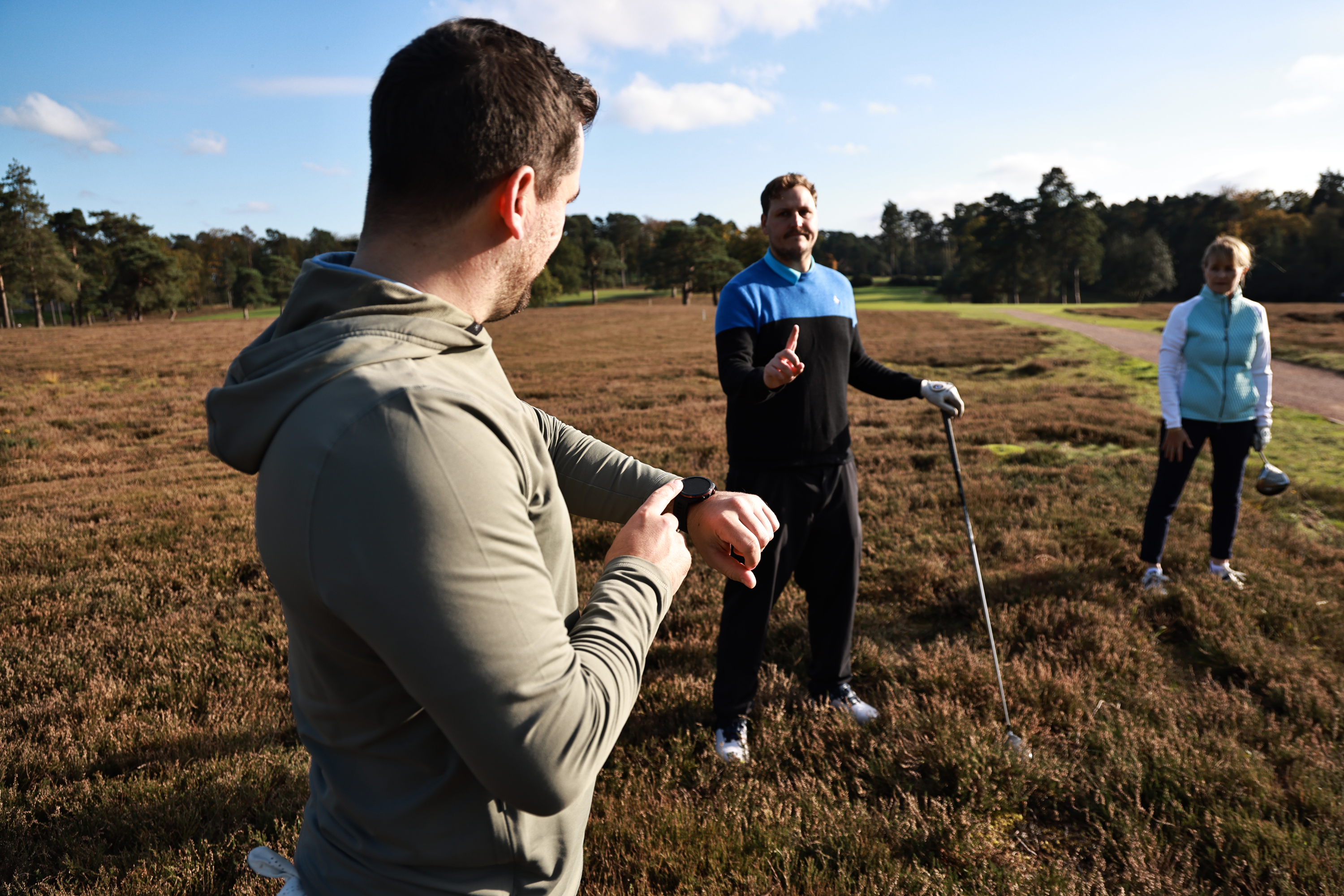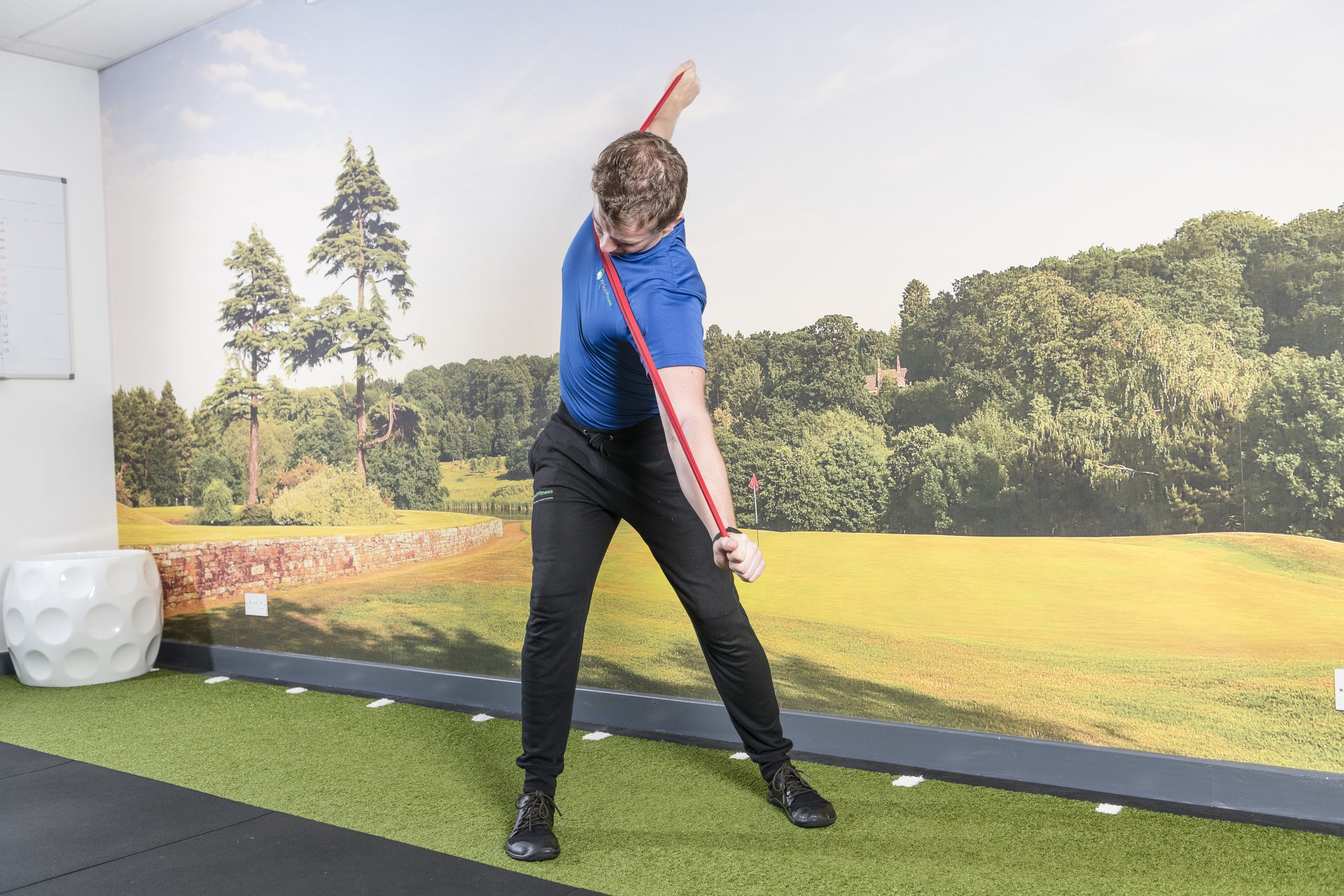The Hidden Costs Of Golf: What You’re Not Budgeting For
Most of the costs associated with golf are pretty obvious, but there are others you may not have considered. It’s good to be aware of them...


Subscribe to the Golf Monthly newsletter to stay up to date with all the latest tour news, equipment news, reviews, head-to-heads and buyer’s guides from our team of experienced experts.
You are now subscribed
Your newsletter sign-up was successful
Want to add more newsletters?

Delivered daily
Daily Newsletter
Sign up for all the latest tour news, gear reviews, head-to-heads and buyer’s guides plus features, tips from our top 50 coaches and rules advice from our expert team.

Once a week
Kick Point
Sign up to our free Kick Point newsletter, filled with the latest gear reviews and expert advice as well as the best deals we spot each week.

Once a week
Women's Golf Edit
Sign up to our free newsletter, filled with news, features, tips and best buys surrounding the world of women’s golf. If you’re a female golfer, you won’t want to miss out!
There’s a popular misconception about golf that it’s an extremely expensive sport and the sole preserve of the wealthy. It’s a narrow view of a wide-ranging activity. Most things in life have budget and luxury options and golf is the same.
You can enjoy the sport with second-hand clubs on a public course at a relatively low cost. Or you could join one of the most expensive golf clubs in the world, pay an enormous annual fee and play with clubs that have been handmade by a select team of master craftsmen.
Golf can be unbelievably expensive. It can also be reasonably affordable. But at any level, there can be hidden costs associated with the sport that you might not be budgeting for. Here we consider a few of them.
Consumables

If you’re starting out in golf, you know you’re going to have to acquire some hardware – bag, clubs, trolley and so on.
That’s going to be relatively expensive, depending on the quality level you opt for. But you will know roughly what you’re going to spend.
You’ll also need consumables though and the total, ongoing price of these can really ramp up.
Balls – If you’re an errant player, you’re going to lose a load of golf balls and the price of golf balls is relatively high.
Subscribe to the Golf Monthly newsletter to stay up to date with all the latest tour news, equipment news, reviews, head-to-heads and buyer’s guides from our team of experienced experts.
Unless you play with found balls or maybe re-conditioned balls, you might find yourself spending quite a bit of cash re-stocking your ammo.
Gloves – Again, perhaps a pricier item than you might think. A good quality glove can cost a fair bit and they don’t last forever.
If you use a leather glove and you play frequently, you might find you need a new one ever few weeks.
Then, if you play in all conditions you might also need to “splash” out on a rain glove, maybe a winter glove and an all-weather option. All these have a finite lifespan.
Shoes – When you buy a super-comfy new pair of high-performing golf shoes, you might think you’re sorted for years. But, if you’re a frequent golfer, those shoes will take a pounding, they might well not last as long as you had expected and they’re a costly thing to replace.
Others – You’ll need to replace your golf attire, energy bars, energy drinks, tees, sharpie markers for marking your ball, and all manner of other handy gizmos and gadgets that you quickly find are essential to your game.
You may get yourself totally kitted out for play, but remember, you’ll need to maintain that equipment and that will cost you.
Rising fees

Fees are going up!
It doesn’t matter when or where you start playing, it’s going to get more expensive year on year.
As a golf club member, you can expect your subscription to climb with inflation. But there can often be ancillary costs thrown in unexpectedly.
Your club might add a levy to pay for new facilities. They might lose a significant number of members and have to re-jig membership rates to cover it.
Just because you pay something one year, don’t expect it to be commensurate the following year.
If you play itinerant golf you might budget to play 40 rounds in the year at an average green fee of £x. But remember, those same 40 rounds next year are going to have an average green fee of £x+y. The following year they will be £x+y+z.
Green fees have risen sharply across the board in recent years. Watch out!
Getting better

Lessons can be pricey!
If you want to improve at golf, it could well cost you.
Perhaps you might see yourself getting better but only with a little help – you might need to invest in a series of lessons with a qualified professional. Those don’t come cheap.
As you reduce your handicap, you’re going to want to use the correct equipment to reflect your ability.
You might have begun in the game with a reasonably priced starter set, but as you begin to progress, you’ll want clubs that help you get the most from your game.
Equipment technology that assists in your goal to improve comes with a hefty price tag.
You might have made do with low-cost balls when you were hacking it around. As you start to make more pars and birdies, you’re likely to want a more premium ball. They can be three times the price.
Time

Have you seen how long this is taking?
Golf is a time-consuming business. Have you factored in the time costs of your hobby/habit?
If you’re out for five hours to play an 18-hole round of golf, what are you missing out on? Should you be working? Could you be earning money during that spell out to, on and back from the course?
Travel

Travelling
When you started out playing at your local course, you never imagined going much further afield with your golf.
As you go on, you might well want to explore different courses, regions, countries even.
Did you ever think you might be taking a four-day trip to the north of Scotland to play a selection of championship venues? Did you ever consider how much that was going to cost?
Injury

You might need physio!
Golf is good for you but the repetitive stress of the swing and of walking round undulating courses can put strain on your muscles, tendons, bones and joints.
You might need physio or even an operation that you had never expected because of the physical contortions that golf demands of your body.
Golf is one of the most rewarding sports out there. It gives you the chance to exercise, to compete, to meet people and to socialise. It can be played relatively cheaply, or you can choose to spend a great deal more.
But, whatever the level of your golfing budget, there can be hidden costs that you might not have considered. It can be useful to consider these and factor them in!

Fergus is Golf Monthly's resident expert on the history of the game and has written extensively on that subject. He has also worked with Golf Monthly to produce a podcast series. Called 18 Majors: The Golf History Show it offers new and in-depth perspectives on some of the most important moments in golf's long history. You can find all the details about it here.
He is a golf obsessive and 1-handicapper. Growing up in the North East of Scotland, golf runs through his veins and his passion for the sport was bolstered during his time at St Andrews university studying history. He went on to earn a post graduate diploma from the London School of Journalism. Fergus has worked for Golf Monthly since 2004 and has written two books on the game; "Great Golf Debates" together with Jezz Ellwood of Golf Monthly and the history section of "The Ultimate Golf Book" together with Neil Tappin , also of Golf Monthly.
Fergus once shanked a ball from just over Granny Clark's Wynd on the 18th of the Old Course that struck the St Andrews Golf Club and rebounded into the Valley of Sin, from where he saved par. Who says there's no golfing god?
You must confirm your public display name before commenting
Please logout and then login again, you will then be prompted to enter your display name.